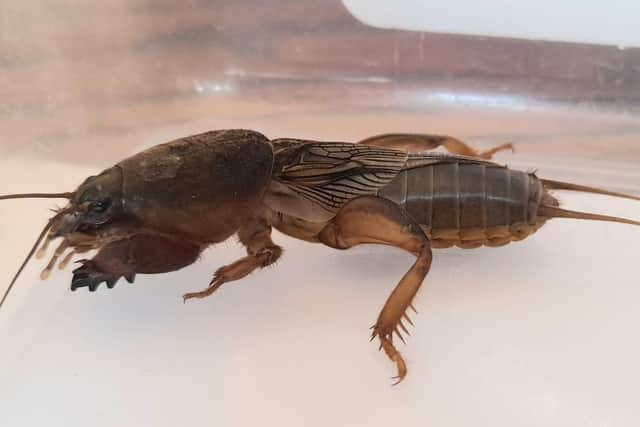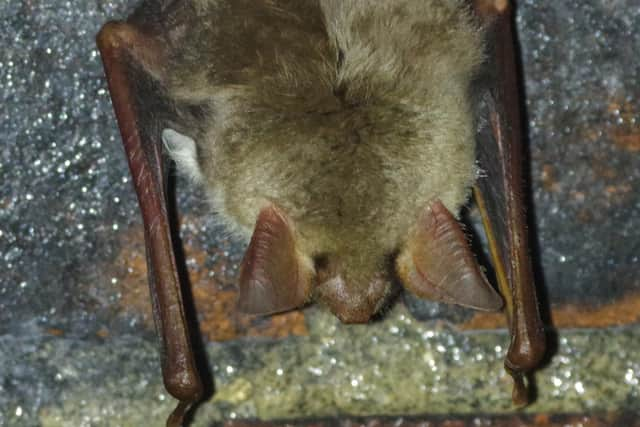Endangered species UK: List of ‘extinct’ animals recently rediscovered - with names and pictures
and live on Freeview channel 276
Like attending their own funeral, endangered species of animals thought to be extinct have started cropping up throughout the UK. With the rediscovery of a species in Sussex that scientists believed could no longer be found in this country, we take a look at some of the other creatures rediscovered in recent years.
From a strikingly colourful beetle to the largest bat identified in the UK, a number of breathtaking creatures have recently been rediscovered in the British Isles. Here’s a list of a few ‘extinct’ species scientists have uncovered.
Advertisement
Hide AdAdvertisement
Hide Ad‘Extinct’ species rediscovered in UK
Blue ground beetle
Known as the UK’s largest and rarest beetle, the bug was believed to have become extinct during the 20th century. However, much to the surprise of scientists, it was rediscovered in Dartmoor national park in 1994.
In 2022, dedicated scientists also discovered two new population sites in Dartmoor. Identifying the species in damp woodlands of oak and beech trees.
The nocturnal creature feeds on slugs by using its large jaw to bite and suck out its insides. It can also grow up to 38mm (1.5 inches) in length.
Mole Cricket
The mole cricket is an endangered species in the UK and was believed to be extinct until a population was discovered in Hampshire’s new forest in 2014. On April 28, the elusive critter was discovered in a Sussex man’s garden, Sussex Wildlife Trust confirms.
Advertisement
Hide AdAdvertisement
Hide AdCharlotte Owen, conservation officer for the Sussex Wildlife Trust, said: “It was found in a garden in central Worthing, and the finder had managed to identify it as a mole cricket thanks to its distinctive appearance.


Charlotte adds: “Their [mole crocket’s] powerful, chunky forelegs are specialised for digging, just like a mole’s, and they spend the majority of their lives in underground burrows.
“The best way to detect them is via the churring call of the male mole cricket, which is amplified by a specially-constructed sound chamber.”
Greater mouse-eared bat
The largest of all the British bats was declared extinct in the UK in 1992 but a spectacular discovery in West-Sussex has offered hope for the species. Hibernating in a disused railway tunnel, the bat is believed to have travelled overseas from France.
Advertisement
Hide AdAdvertisement
Hide AdThe Sussex Bat Group said the find “demonstrates the importance of regular monitoring of bat colonies”.
We could have missed this highly significant find of the second greater mouse-eared bat in Britain,” group spokesperson Sheila Wright said.


Caddisfly
Buglife confirmed that the Caddisfly was ‘presumed extinct in the UK in 2016 with no British records for over 100 years.’ This changed in 2021, when a single male was attracted to a light-trap administered by Robin Sutton in the Outer Hebrides off the North West coast of Scotland.
Speaking on the groundbreaking event, Sutton said: “I’ve been running a light trap on the Outer Hebrides for over four years but I couldn’t believe that the only location for a species thought to be extinct in Britain was in my back garden! It goes to show how much we still have to find out about these far-flung places.”
Also called sedge-flies or rail-flies, the moth-like creature can be identified by its hairy wings.
Comment Guidelines
National World encourages reader discussion on our stories. User feedback, insights and back-and-forth exchanges add a rich layer of context to reporting. Please review our Community Guidelines before commenting.
